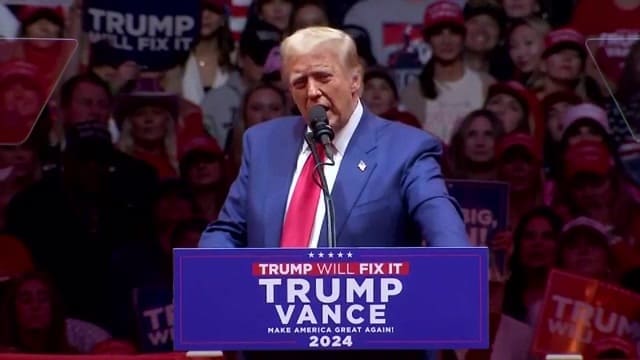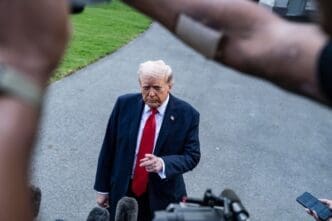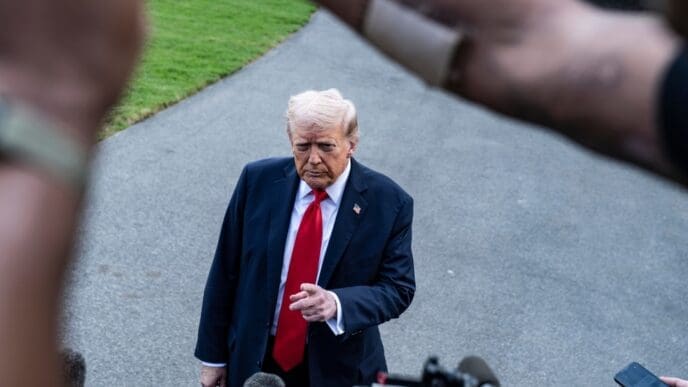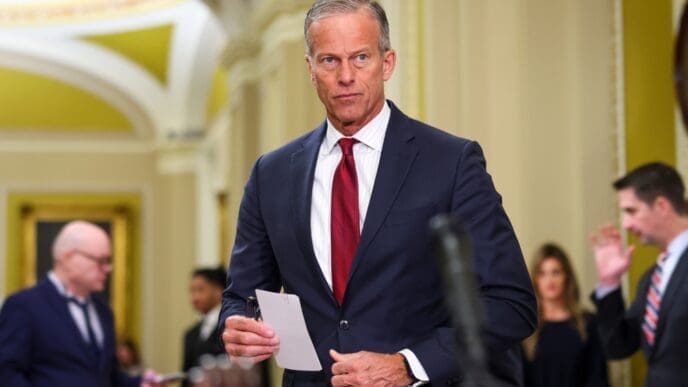In a firm declaration from West Palm Beach, Florida, President-elect Donald Trump has issued a bold warning to a group of nations collectively known as the BRIC alliance. Trump threatened to impose tariffs as high as 100% should these countries make moves to undermine the U.S. dollar’s status in international markets.
The BRIC nations, encompassing Brazil, Russia, India, China, South Africa, Egypt, Ethiopia, Iran, and the United Arab Emirates, are at the center of Trump’s recent threat. These countries, which are part of an economic alliance, have been vocal about their dissatisfaction with the current global financial system dominated by the U.S. dollar.
In a post on Truth Social, Trump emphasized the need for a commitment from these nations to neither establish a new BRICS currency nor endorse any other currency that might rival the U.S. dollar. He warned that failure to comply would result in severe economic consequences, as these countries could face hefty tariffs and lose access to the lucrative American market.
The BRIC alliance has been considering alternatives to U.S. dominance in global commerce. At an October summit, Russian President Vladimir Putin openly criticized the U.S. for its approach, accusing it of using the dollar as a geopolitical tool. Putin remarked, “It’s not us who refuse to use the dollar. But if they don’t let us work, what can we do? We are forced to search for alternatives.”
The suggestion of a new payment system by Russia aims to bypass the existing global bank messaging network, SWIFT. This system would enable Russia to sidestep Western sanctions and maintain trade relations with its partners, further indicating the shifting dynamics within the alliance.
Despite these developments, Trump remains confident in the dollar’s standing in global trade. He expressed skepticism towards the BRIC nations’ ability to replace the U.S. dollar, asserting that any attempts to do so would mean severing ties with the American economy.
President-elect Trump’s unequivocal message to the BRIC nations underscores the ongoing tension around the dominance of the U.S. dollar in global markets. As these countries navigate their role in the evolving economic landscape, the potential for significant political and economic shifts remains evident.
Source: WSVN














